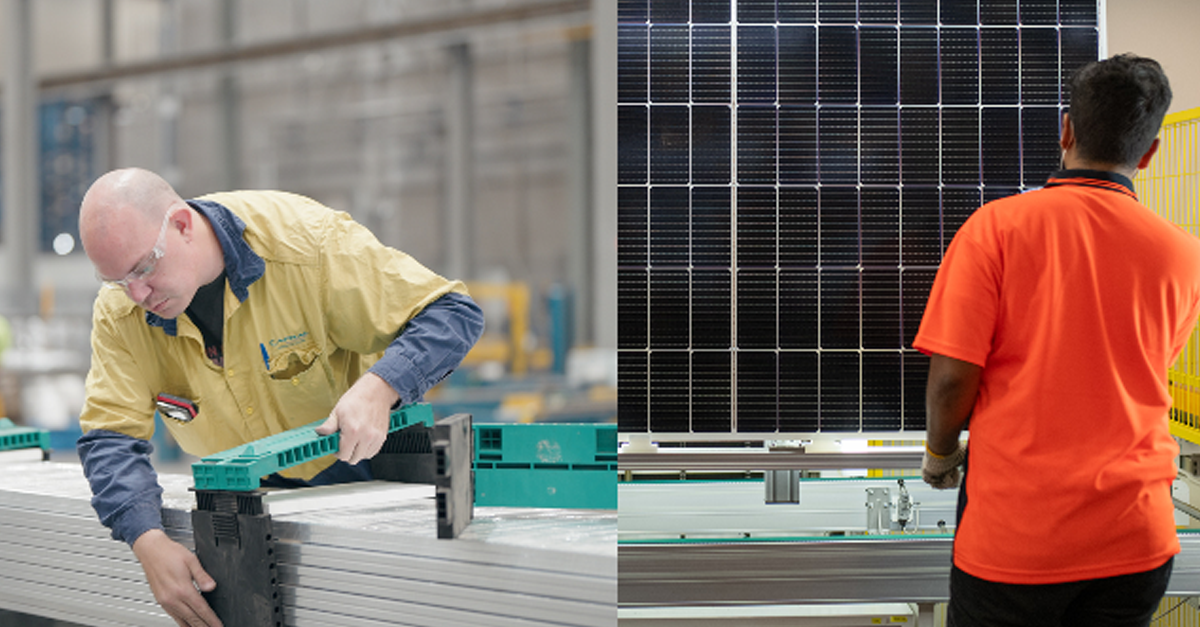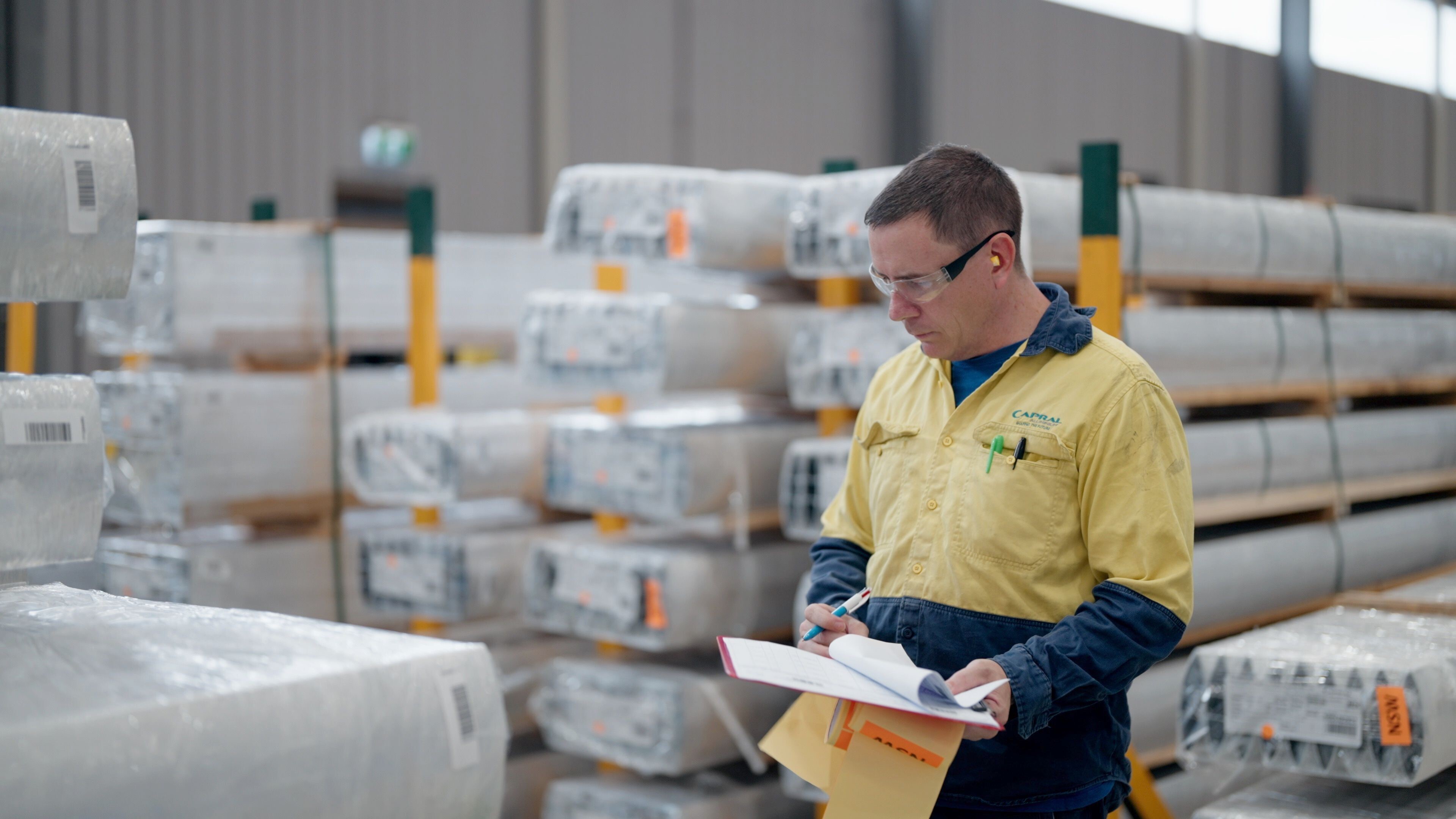您想继续阅读英文文章还
是切换到中文?
是切换到中文?

THINK ALUMINIUM THINK AL CIRCLE

In a significant boost to Australia's domestic manufacturing sector, Capral Aluminium has forged a strategic supply partnership with Australia's sole domestic PV module manufacturer, Tindo Solar. Under this collaboration, Capral will provide extruded aluminium for Tindo's Australian-made solar panels, possibly expanding the partnership to support Tindo's anticipated Gigafactory.

About the agreement
This agreement represents a pivotal move for both companies as Tindo accelerates its operations to meet growing demand. The initial supply deal underscores Tindo's commitment to prioritising local suppliers within the renewable energy sector. Solar energy is one of the primary renewable energy sources in sun-soaked countries, and aluminium is a key material in solar panels.
Capral, recognised as a leader in the Australian market for its 'LocAL' lower carbon aluminium, operates multiple extrusion plants nationwide. This partnership reflects Capral's dedication to sustainability and ongoing support for Australian industries.
On Tuesday, Adelaide-based Tindo announced its first order of aluminium frames from Capral, the country's largest aluminium extruder and distributor. Tindo Solar CEO Richard Petterson stated that Capral Aluminium's innovation in producing low-carbon, high-quality extruded aluminium products aligns well with Tindo's commitment to a low-carbon and locally sourced footprint.
"Capral's collaboration with Tindo is a testament to the strength of Australian manufacturing. While our initial focus is on meeting Tindo's current production needs, we are particularly excited about supporting their future Gigafactory with locally extruded aluminium. This venture is more than just a significant step for Tindo; it represents a milestone for the entire Australian manufacturing sector, showcasing our potential to lead in sustainable energy solutions and build a more resilient local supply chain," said Luke Hawkins, Capral's divisional general manager of industrial and supply chain.

Proposed facility to create 250 jobs
Tindo's proposed Gigafactory, driven by government calls for increased domestic renewable energy production, is set to transform the industry. With an investment of $90-100 million, the facility will create 250 jobs and produce up to 7,000 solar panels daily, contributing significantly to Australia's 2030 decarbonisation targets. Capral's role as a major supplier of locally produced aluminium will be pivotal in bringing this vision to fruition.
Although the location of the gigafactory is yet to be determined, Tindo is evaluating potential sites in New South Wales, Queensland, and Victoria. In May, Tindo also announced that it was negotiating with local manufacturers of glass, aluminium, solar cells, and other components to support the new Gigafactory.
The Gigafactory is backed by the federal government's Solar Sunshot program, which has allocated $1 billion to support the solar PV manufacturing sector over the next decade. Capral, which operates six aluminium manufacturing plants nationwide and is known for its "LocAL" lower carbon aluminium, says the partnership with Tindo aligns with its commitment to sustainability and bolstering Australian manufacturing.
"We are committed to integrating Australian-made components into our solar panels, and Capral Aluminium is a vital partner in this effort. The development of our Gigafactory, supported by Capral, will not only advance our production capabilities but also bolster the Australian renewables supply chain. This partnership underscores the potential of local industry to thrive with the right support and signals from government initiatives like the Solar Sunshot program," added Tindo Solar's CEO, Richard Petterson.
As Tindo and Capral look ahead, their partnership sets a compelling example of the impact of local manufacturing on Australia's renewable energy sector. Capral's involvement guarantees that the advantages of the renewable energy transition will remain within the Australian economy, further solidifying the country's role as a leader in sustainable industrial practices.
Responses








